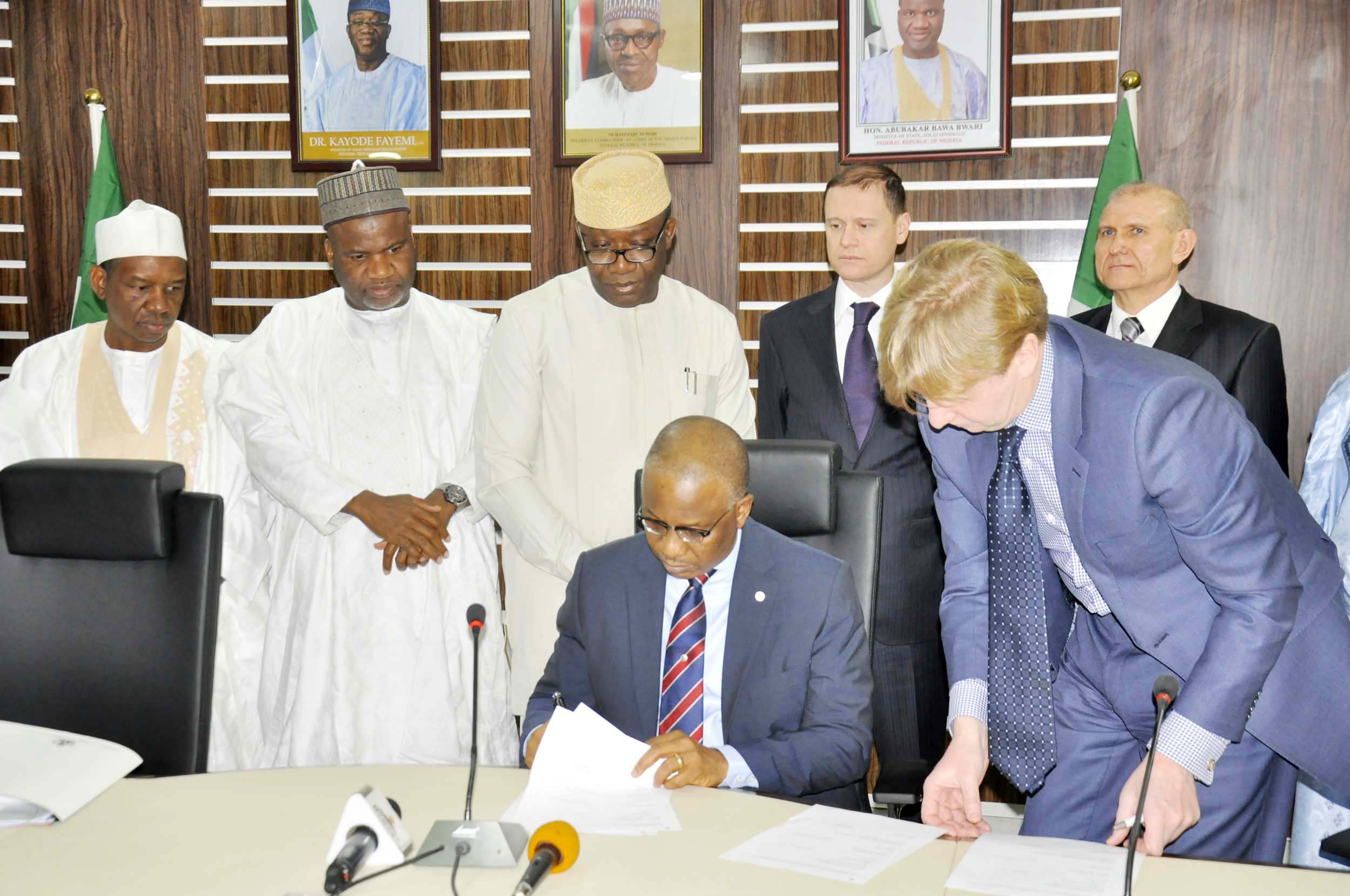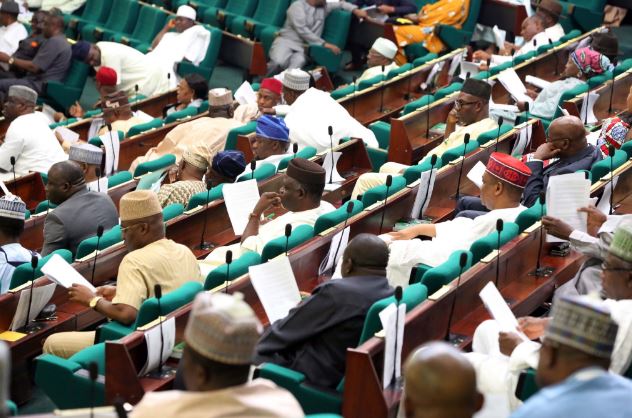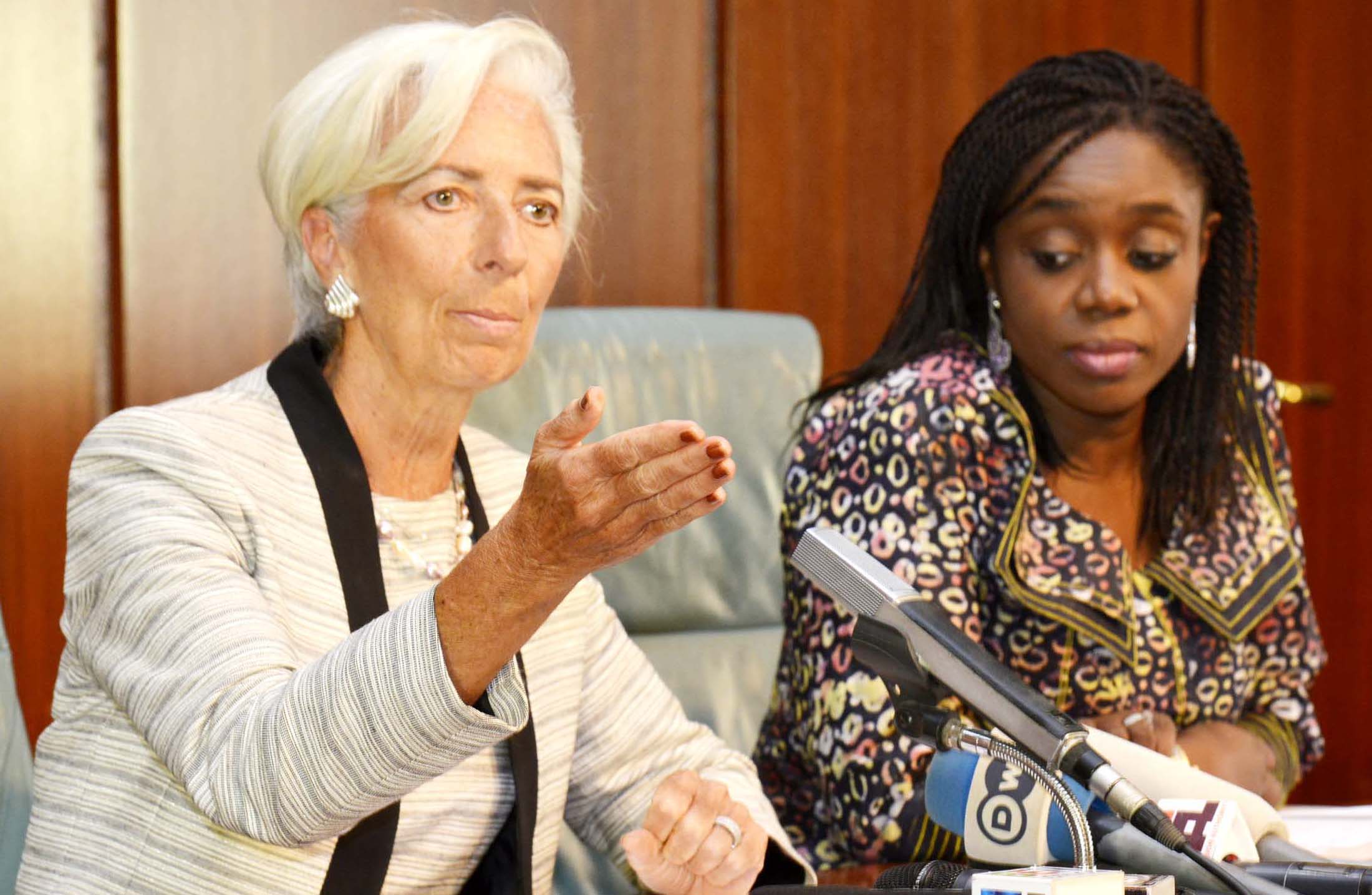Recently, the Bureau of Public Enterprise, the Federal Government agency with the responsibility to sell off government holdings in State Owned Enterprises, (SOEs) said 37 per cent of the privatised companies are underperforming while some are still engulfed in legal dispute.
The Director General of BPE, Mr. Alex Okoh, painted the grim picture of how 2 out of every 5 privatised companies have failed to members of the House of Representatives’ Committee on Privatisation, when its members led by Chairman, Ahmed Yerima visited the privatisation agency.
The BPE boss identified how state owned companies were firmed out to entities without technical and financial wherewithal to run them as a major reason why many of them have not added any value, many years after they were sold to the so-called core investors.
The benefits of privatisation which should have been better management, job retention, job creation, and technological advancement, empowering local communities, improved tax revenues and corporate social responsibility projects for communities have not happened because state assets went into hands of economic buccaneers, in a privatisation process that was used mainly for political patronage.
Advertisement
The story of the privatisation of Aluminium Smelting Company of Nigeria (ALSCON), a company incorporated in 1989 with the Federal Government of Nigeria, Ferrostaal of Germany and Reynolds Incorporated of America as shareholders on an equity holding of 70 per cent, 20 per cent and 10 per cent respectively remains a very sad one, more than 10 years after it was privatised.
The Company was established in order to utilize and enhance the country’s gas reserve and to discourage gas flaring in the Niger Delta. Part of the objectives for setting up ALSCON include; to establish a self-reliant aluminium factory, provide employment to Nigerians, impact technical/develop trained technical manpower, conserve and earn foreign exchange by meeting local aluminium demands and to aid the development of aluminium downstream industries.
ALSCON was under the purview of Ministry of Industries until 1991 when it was handed over to the then Ministry of Mines, Power and Steel to manage. The plant was designed to produce 197,000 metric tonnes of aluminium ingots and billets per annum and started production on 15th October, 1997. However, operations stopped on 6th June, 1999 due to irreconcilable differences between Ferrostaal and Reynolds on one hand, coupled with other associated problems of lack of working capital, insufficient gas supply and non-dredging of Imo River among others.
Advertisement
With the huge investment made into the complex lying prostrate, the Federal Government listed ALSCON in the 2nd phase of the privatization programme in the Privatization and Commercialization Act of 1999. In September 2002, the Bureau of Public Enterprises (BPE) commenced the privatization process and requested for core investors to express interest in acquiring the FGN shares.
Available records show that five (5) companies expressed interest, viz: ALCOA Inc. of America; Glencore AG of Switzerland; UC Rusal of Russia; ALCAN of Canada and Ferrostaal AG of Germany. After the due diligence, only UC Rusal and Ferrostaal submitted Technical and Financial bids. For submitting conditional bid then, the BPE disqualified Ferrostaal, the German company. With the disqualification of Ferrostaal, UC Rusal became the only qualified bidder. BPE had to discontinue with the process with just one bidder because in the view of BPE, just one qualified bidder will not give the FG the plurality of choice.
To ensure a more competitive bid, in 2004, BPE again invited interested companies to bid for ALSCON majority stake. This time only BFI Group, a Nigerian led consortium and UC RUSAL met the initial pre-qualification requirement. UC Rusal had also submitted conditional bid post-technical qualification which BPE rejected just like it did with Ferrostaal’s bid.
Eventually, BFI Group emerged as the preferred bidder with a bid price offer of $410 million dollars following the disqualification of UC Rusal’s conditional bid. The successful bidder, based on the transaction dynamics and condition precedent before takeover of asset, BFI Group, as the winner of the ALSCON should pay 10 per cent of its bid price by July 8, 2004.
Advertisement
It was obvious that BFI Group did not have money to pay for the asset or the company could not raise the money from wherever source it hoped to get it. BFI Group could not meet the deadline for the payment of 10 per cent of its bid price offer. BPE had no choice but to follow the rules as spelt out.
With the inability of BFI Group to pay after the deadline, BPE invited UC Rusal on the basis of a negotiated sale strategy (otherwise known as willing-buyer-willing-seller). UC Rusal won the FGN equity as core investor. The National Council on Privatization chaired by Vice President Atiku Abubakar approved the transaction for UC Rusal. BPE subsequently handed over ALSCON to UC Rusal at a bid price of $250 Million Dollars. However, $120million of the $250millon will be set aside for the dredging of Imo River to allow vessels to berth at Ikot Abasi, for easy evacuation of the company’s products for export.
BFI Group, in September 2004, dragged BPE before an Abuja High Court for overturning its bid and handing over ALSCON to UC Rusal. The Federal High Court decided the case in favour of BPE. BFIG appealed and also lost at the Appeal Court. Following the loss at the Appeal Court, BFI Group then took the case to the Supreme Court where the apex court ruled in its favour.
While BFIG was exploring its chance at the Supreme Court, UC RUSAL commenced production in 2008, but insufficient gas supply to the company as well as staff agitation due to non-payment of the balance of their terminal benefit amounting to N2.3 billion constituted another challenge amongst others to the smooth operation of the plant. While facing operational challenges arising from insufficient gas supply and labour matters, UC Rusal also had to pay attention to BFIG case at the Supreme Court. On July 6, 2012, the Supreme Court ruled in favour of BFI Group with revocation of the sale of ALSCON to UC Rusal. The apex court reinstated BFI Group as valid preferred bidder for ALSCON.
Advertisement
The Supreme Court ordered inter alia:
i) “An order of specific performance is hereby decreed directing the Defendant/Respondent (BPE) to provide the mutually agreed Share Purchase Agreement for execution by the parties to enable the Plaintiff/Appellant (BFIG Group) pay 10% of the accepted bid price of US$410 Million (i.e. the sum of US$41Million) within 15 working days from the date of execution of SPA in accordance with the agreement dated 20/5/2004 and 90% bid price shall be paid within 90 calendar days.”
Advertisement
ii) “An order for the Defendant/Respondent to accept payment of the 10% of the bid price from the appellant within 15 days from the date of signing the Share Purchase Agreement (SPA)”
iii) An order of Perpetual Injunction restraining the Defendant/Respondent (BPE), its servants, agent, privies, management or howsoever called from inviting any further bidding for the sale and acquisition of ALSCON in violation of the contract between the Plaintiff/Appellant and the Defendant/Respondent and/or from negotiating to sell, selling, transferring or otherwise handing over ALSCON to any person or persons in violation of the contract between the Plaintiff/Appellant and the Defendant.”
Advertisement
BPE provided the SPA as approved by National Council on Privatization to BFIG for execution in compliance with the order by the Supreme Court. BPE told BFIG to provide a business plan as required in the SPA and execute the SPA within a period of six weeks. BFIG refused to execute the SPA; instead BFIG drafted and signed an SPA at variance with the copy issued by the BPE as ordered by the judgment of the Supreme Court. BPE rejected the BFIG version of the SPA and gave BFIG a deadline of March 18, 2013 to either execute the SPA as ordered by the Supreme Court or consider the transaction a nullity.
The transaction for the sale of ALSCON to BFIG as the core investor was terminated after the expiration of the deadline of March 18, 2013 within which to sign the SPA and pay 10% of the bid price as ordered by the Supreme Court. BPE again reinstated UC RUSAL as the core investor in ALSCON. BFI Group went back to court to compel BPE to reinstate her as the winner of ALSCON. The company got a favourable ruling but BPE has filed an appeal and the case is yet to be determined.
Advertisement
As a result of the uncertainty created by the judgment and the delay to resolve the case, UC Rusal and ALSCON had suffered grave damages, as most of developmental projects at the company have been put on hold. ALSCON/RUSAL is incurring enormous losses having to maintain the plant and staff without being in operation. Consequently, the Company retrenched most of the workforce in order to minimize losses.
Concerned that major national economic asset is wasting away and bugged down with legal encumbrances, the Traditional ruler of Ikot Abasi, the host community and his chiefs in conjunction with the Akwa Ibom State government made various representations to the Federal Government to find amicable resolution. Arising from this protracted legal tussle, the BPE recently sent a memo to the Vice President, Prof Yemi Osinbajo, to invite both UC Rusal and BFI Group for an out of court settlement.
Several mediatory meetings have been held, some at the Ministerial level to explore both administrative and political approaches to resolving this impasse to no avail. It is clear that BFI Group does not have both financial and technical ability to run the plant but would rather continue with throwing legal obstacles at the expense of national interest.
At the meeting of the National Council on Privatization (NCP) held in August, 2017, the council approved an out of court settlement to resolve the lingering dispute between the FGN, BFIG and UC Rusal through mediation with the active collaboration of Ministry of Mines and Steel Development.
Subsequently, BPE provided another SPA to BFIG for execution in compliance with the order of the Supreme Court and asked BFIG to provide a Business Plan as required in the SPA and to execute the SPA within a period of seven days as contained in the judgment of the Supreme Court. Again, BFIG failed to execute the SPA as ordered by the Supreme Court and could not meet the terms of the transaction by closed of business on Tuesday, 3rd October 2017 (thus making it the 3rd time the company has failed to meet terms of the transaction) thus indicating lack of good faith to resolve the impasse.
Having seen that BFIG does not have both the technical and the financial muscle to run ASCON, the Ministry of Mines and Steel Development briefed the Presidency of the development and all the steps taken for resolution.
President Muhammadu Buhari who had always been worried with how the impasse had negatively impacted the fortune of the company, gave BPE approval to go ahead with the decision of the National Council on Privatisation which makes UC Rusal, the owner of the plant so that full commercial operation can start and the country can begin to derive the benefits from the privatisation of ALSCON.
Add a comment







